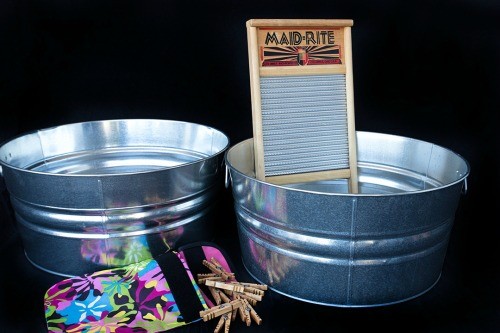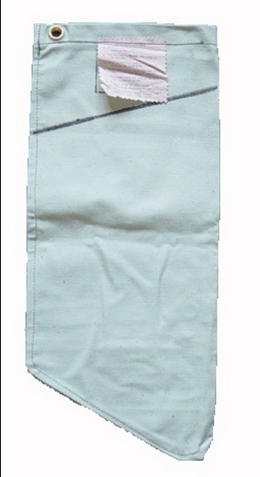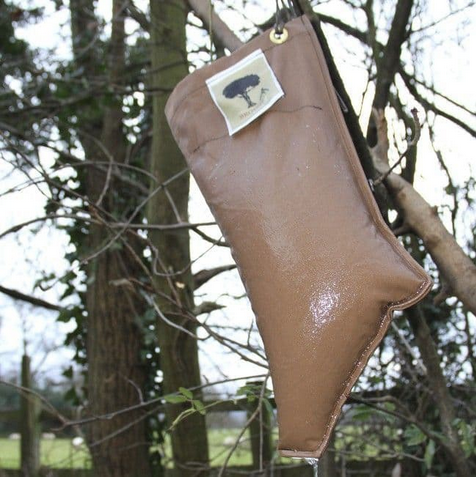
 3
3





I am creating the ultimate educational platform to make permaculture accessible to everyone.
To help, please answer a couple of questions (anonymously) at: https://nisandeh.com/permies-demographics-questionnaire/
 4
4




Mediterranean climate, hugel trenches, fabulous clay soil high in nutrients, self-watering containers with hugel layers, keyhole composting with low hugel raised beds, thick Back to Eden Wood chips mulch (distinguished from Bark chips), using as many native plants as possible....all drought tolerant.
 6
6




Invasive plants are Earth's way of insisting we notice her medicines. Stephen Herrod Buhner
Everyone learns what works by learning what doesn't work. Stephen Herrod Buhner
 1
1




Anne Miller wrote:We used a camping porta-potty inside the house.
I am creating the ultimate educational platform to make permaculture accessible to everyone.
To help, please answer a couple of questions (anonymously) at: https://nisandeh.com/permies-demographics-questionnaire/
 4
4





 2
2




Failure is a sign of activity and learning. It had nothing to do with under achievement
I never want to have a team member who has never failed - They are not doing!! 👍
 2
2




Moderator, Treatment Free Beekeepers group on Facebook.
https://www.facebook.com/groups/treatmentfreebeekeepers/

















 4
4




Michael Cox wrote:As for having safe drinking water, a bottle of appropriate chlorine (eg bleach, pool chemicals etc...) can literally sterilise hundreds of cubic meters of water, provided it is reasonably "clean" (little or no suspended sediment). If you are dealing with a regional disaster affecting infrastructure (eg widespread storm damage and flooding) this can provide continues safe drinking water for you and your community for an extended period of time. You just need suitable containers to collect and then sterilise the water in. Some kind of crude system to separate water from sediment and you are set.


Failure is a sign of activity and learning. It had nothing to do with under achievement
I never want to have a team member who has never failed - They are not doing!! 👍
 2
2





| I agree. Here's the link: http://stoves2.com |




